-
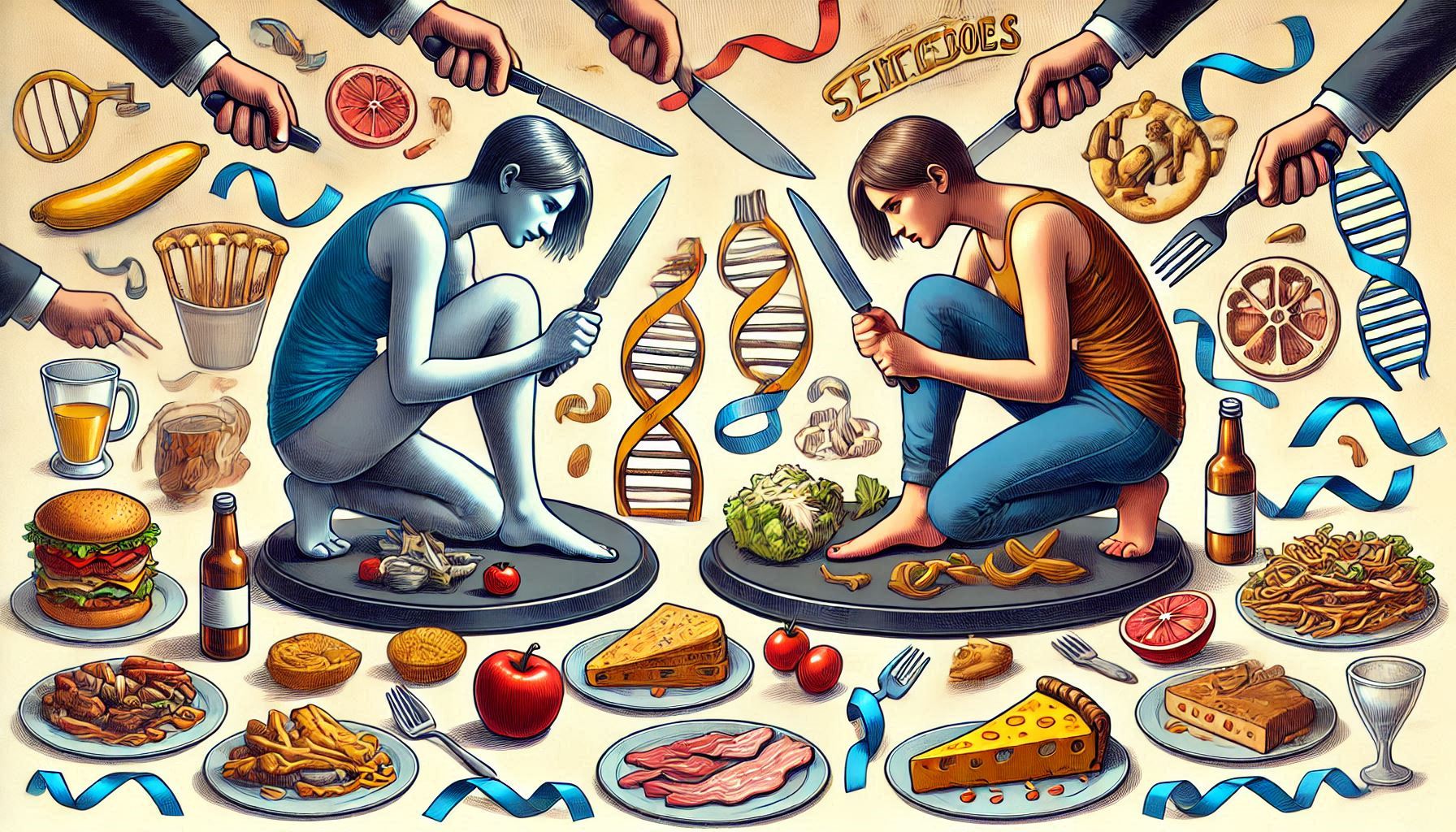
Eating Disorders: A Battle Beyond Gender Stereotypes
Eating disorders are among the most complex and dangerous mental health conditions, involving extreme and unhealthy eating behaviors that can lead to significant physical, emotional, and psychological consequences. Often linked to societal pressures, gender stereotypes, and beauty standards, it is crucial to recognize that eating disorders transcend gender and affect individuals from all walks of…
-
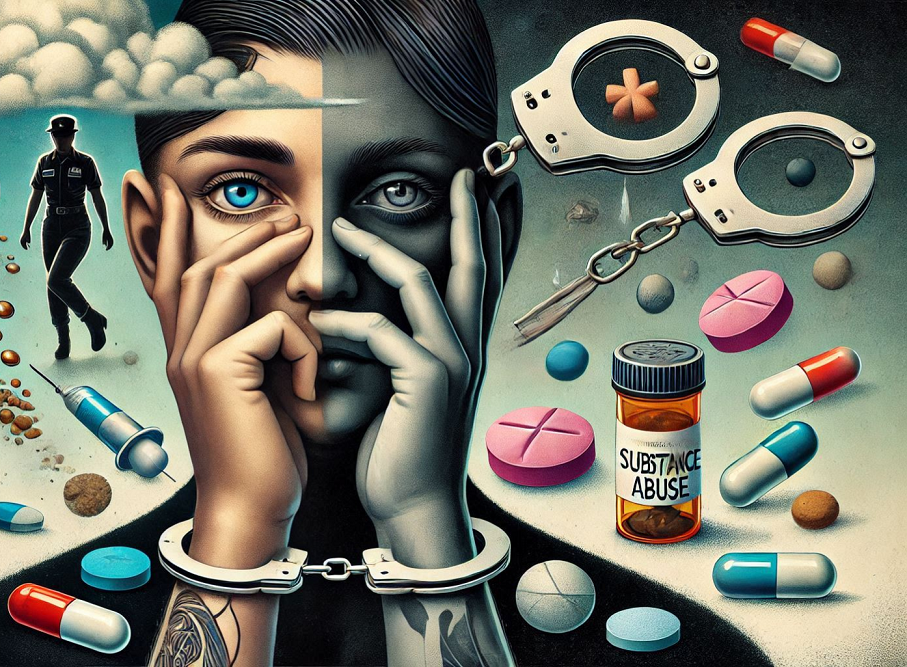
Gender and Substance Abuse: Tackling Addiction Head-On
Substance abuse is a pervasive issue, impacting millions of people across the globe, transcending age, background, and socioeconomic status. However, despite its widespread nature, addiction is still widely misunderstood. Substance abuse is often framed in terms of personal weakness, moral failure, or poor choices. In contrast, the medical community has increasingly recognized addiction as a…
-

Pharmacological Treatments: Do Men and Women Respond Differently?
Pharmacological treatments are central to managing a wide variety of diseases, from mental health disorders to chronic conditions such as cardiovascular diseases and cancer. While many medications are designed to be universally effective, emerging research indicates that men and women often experience different responses to pharmacological interventions. These differences are driven by a complex interplay…
-

Toxic Masculinity and Mental Health: Breaking the Cycle
Toxic masculinity encompasses societal norms and behaviors that impose restrictive expectations on how men should behave, often prioritizing dominance, emotional suppression, and aggression. While masculinity itself is not inherently toxic, the pressures associated with these rigid standards can lead men to adopt behaviors that harm their mental health and strain their relationships with others. At…
-

Cultural Expectations and the Burden of Mental Illness in Women
Mental illness is a global issue that affects individuals regardless of age, gender, or socioeconomic status. However, the impact of mental health on women is influenced by several unique factors, such as biological predispositions, social conditioning, and cultural expectations. These cultural expectations significantly shape how women view themselves, their societal roles, and how they respond…
-
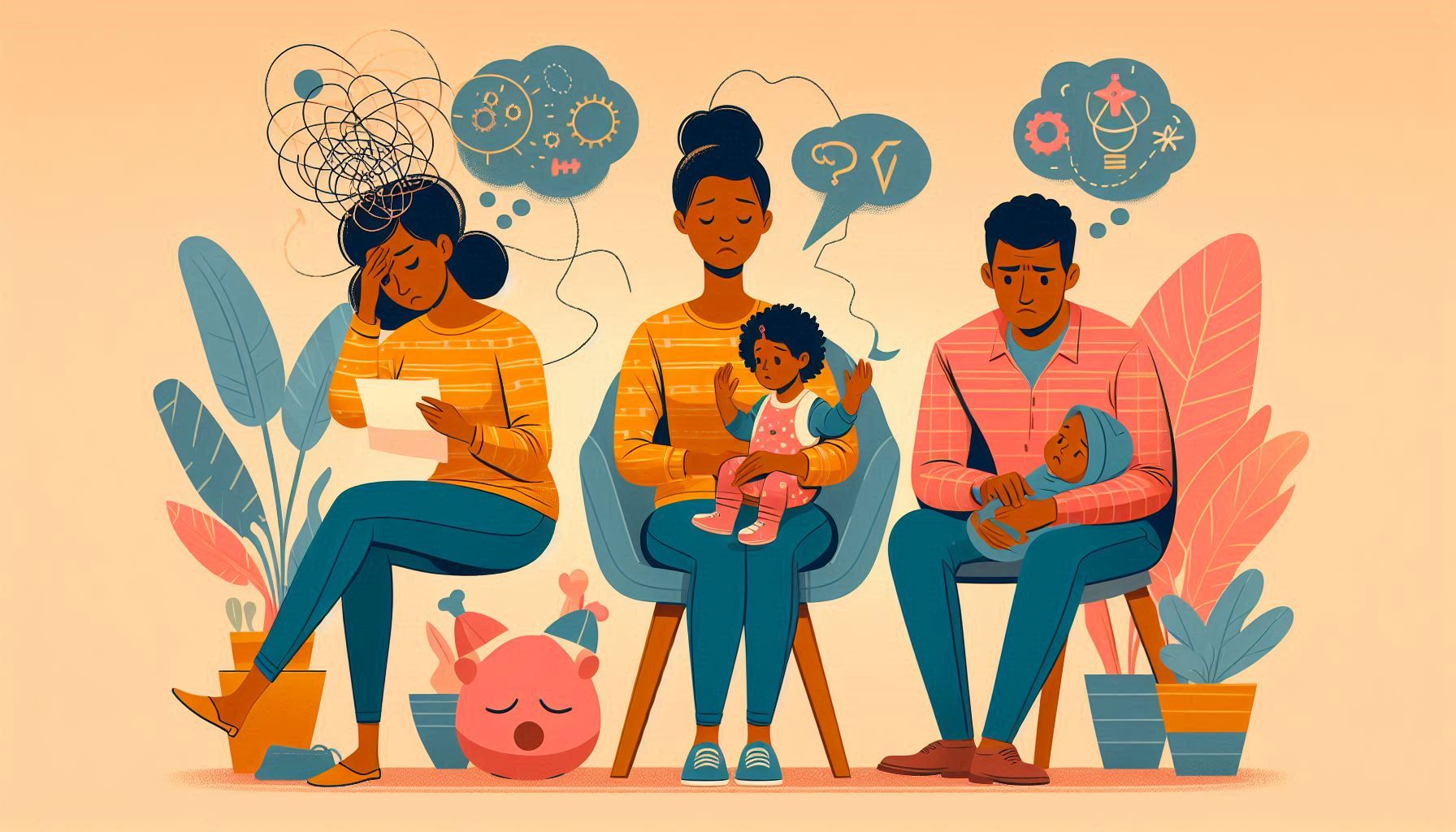
Parenting Stress: How Mental Health Support Varies for Mothers and Fathers
Parenting is universally considered one of the most challenging yet rewarding roles. However, the pressure of raising children often leads to significant stress, which can negatively impact both mental and physical health. This is especially true for mothers and fathers who may experience distinct emotional, social, and physical pressures based on their gender roles and…
-
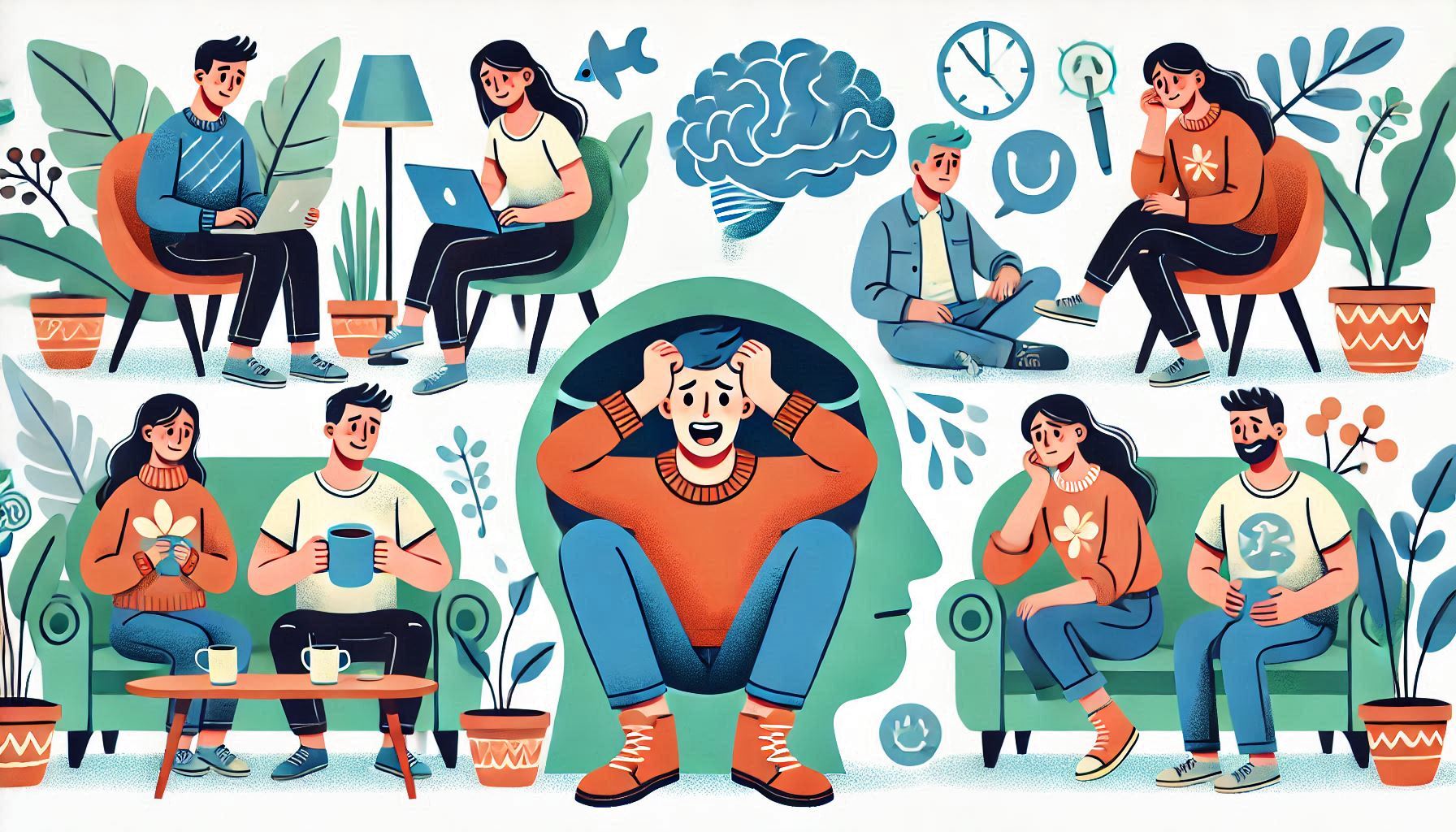
The Role of Gender Norms in Shaping Mental Health Experiences
Mental health is a vital component of overall well-being, heavily shaped by societal constructs like gender norms. These norms define the behaviors, roles, and attributes deemed appropriate for men and women, significantly influencing how individuals experience, express, and address mental health challenges. From the prevalence of certain mental health conditions to the development of treatment…
-

Workplace Stress and Gender: Coping Mechanisms and Cure Strategies
Workplace stress is a prevalent issue affecting millions of employees across diverse industries. It can lead to a range of physical, emotional, and psychological health problems, ultimately reducing productivity, job satisfaction, and overall well-being. While stress is a common experience, it is not felt equally by everyone. Gender plays a crucial role in shaping how…
-

The Role of Gender in Treatment-Resistant Depression
Depression is a widespread mental health disorder that affects millions globally, with treatment-resistant depression (TRD) representing a severe and challenging variant. TRD is characterized by a lack of response to conventional treatments, such as antidepressant medications and psychotherapy. While TRD has been studied extensively, the role of gender in this condition remains underexplored. Research indicates…
-
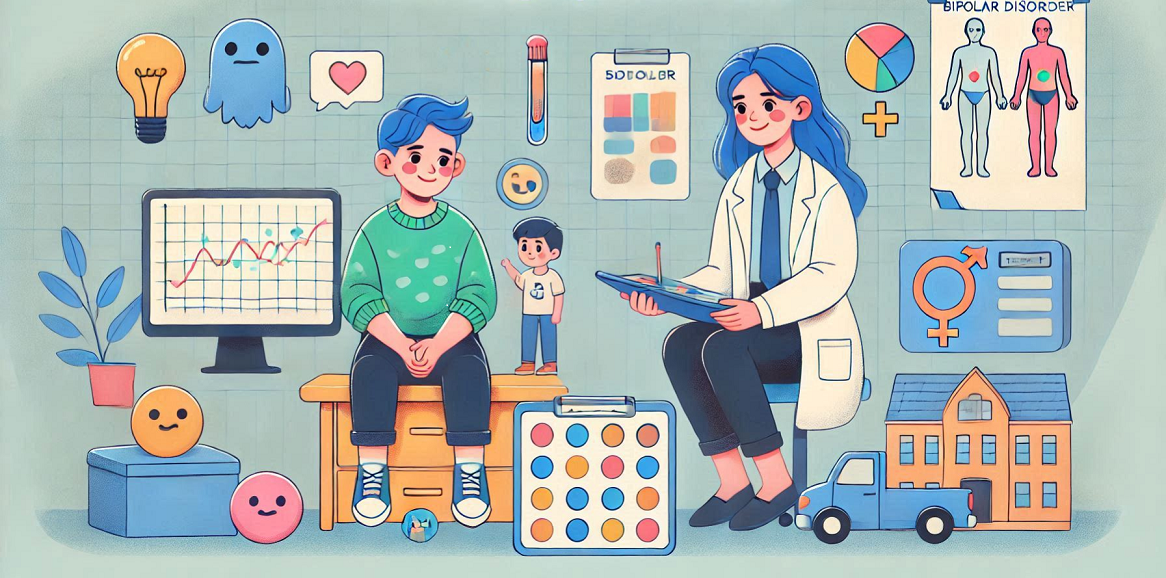
Gender-Sensitive Approaches to Treating Bipolar Disorder: A Comprehensive Analysis
Bipolar disorder (BD) is a complex, multifaceted psychiatric condition that affects millions of individuals worldwide. Characterized by extreme mood swings that fluctuate between episodes of mania or hypomania and depression, bipolar disorder can severely impair a person’s daily life, relationships, and work. While the disorder manifests similarly across genders in many respects, there are significant…

Monday – Saturday 9AM – 5PM
Sunday – CLOSED





